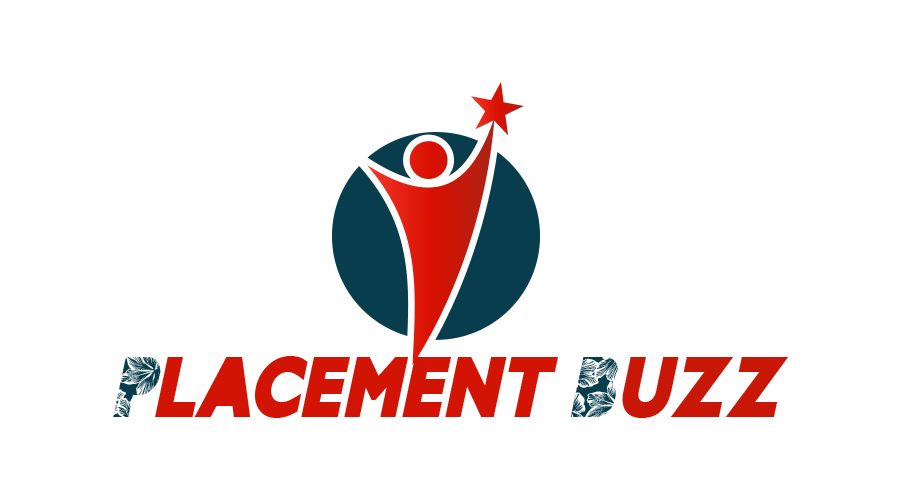Perforated sheet metal has become an indispensable material across industries, providing solutions for ventilation, filtration, and design. Among the many options available, GI perforated sheets stand out due to their unique properties. However, choosing the right perforated metal requires a comparison of strengths and limitations. This article explores the characteristics of GI perforated sheets in relation to other common materials like aluminium and stainless steel perforated sheets.
Strengths of GI Perforated Sheets
GI perforated sheets, made from galvanized iron, are recognised for their excellent durability and corrosion resistance. The hot-dip galvanization process coats the iron with a layer of zinc, offering protection against rust and environmental damage. This makes them suitable for outdoor applications, including fencing, facades, and agricultural equipment.
Another advantage is their cost-effectiveness. Compared to stainless steel, GI perforated sheets are relatively economical while providing sufficient strength for many applications. Their ability to handle moderate mechanical stresses adds to their versatility in construction and industrial use.
The ease of fabrication is another notable strength. GI perforated sheets can be shaped, cut, and customised into various patterns, meeting specific functional and aesthetic requirements.
Limitations of GI Perforated Sheets
Despite their advantages, GI perforated sheets have limitations. The zinc coating, while protective, can wear off over time, particularly in highly abrasive or extreme conditions. This may necessitate periodic maintenance or replacement, especially in marine or heavily polluted environments.
Their weight is another consideration. Galvanized iron is heavier than aluminium, which might not be ideal for applications requiring lightweight materials, such as automotive or aerospace projects.
Additionally, while GI perforated sheets are corrosion-resistant, they do not match the superior resistance of stainless steel, particularly against harsh chemicals or saltwater exposure.
Comparison with Aluminum Perforated Sheets
Aluminium perforated sheets are valued for their lightweight nature and excellent corrosion resistance, especially in moist environments. They are often used in transportation, marine, and decorative applications where weight savings are critical.
However, aluminium lacks the strength of galvanized iron, making it less suitable for heavy-duty applications. It is also more expensive than GI perforated sheets, which can be a limitation for budget-conscious projects.
In terms of fabrication, aluminium is more malleable, allowing for intricate designs. However, it may not provide the same level of impact resistance as GI perforated sheets, which hold up better under physical stress.
Comparison with Stainless Steel Perforated Sheets
Stainless steel perforated sheets are renowned for their unmatched corrosion resistance and durability. They are the go-to choice for environments exposed to harsh chemicals, extreme temperatures, or constant moisture, such as chemical plants, kitchens, and marine applications.
However, stainless steel is significantly more expensive than GI perforated sheets, which might not justify its use in applications where moderate corrosion resistance suffices. Additionally, stainless steel’s hardness makes it more challenging to work with, potentially increasing fabrication costs.
While GI perforated sheets provide a good balance of strength and affordability, stainless steel is preferred when longevity and resistance to extreme conditions are priorities.
Applications Based on Material Choice
- GI Perforated Sheets: Best suited for moderate outdoor applications, HVAC systems, fencing, and construction projects.
- Aluminum Perforated Sheets: Ideal for lightweight designs, marine uses, and decorative panels.
- Stainless Steel Perforated Sheets: Preferred for environments with exposure to chemicals, moisture, or high temperatures.
Conclusion
Each type of perforated sheet metal brings distinct strengths and limitations, making the choice largely dependent on the specific requirements of a project. GI perforated sheets offer an excellent balance of durability, cost, and versatility, positioning them as a popular choice for many industries.
Dinco Trading LLC is instrumental in supplying high-quality GI perforated sheets, ensuring that industries have access to reliable and efficient materials for their diverse applications.


